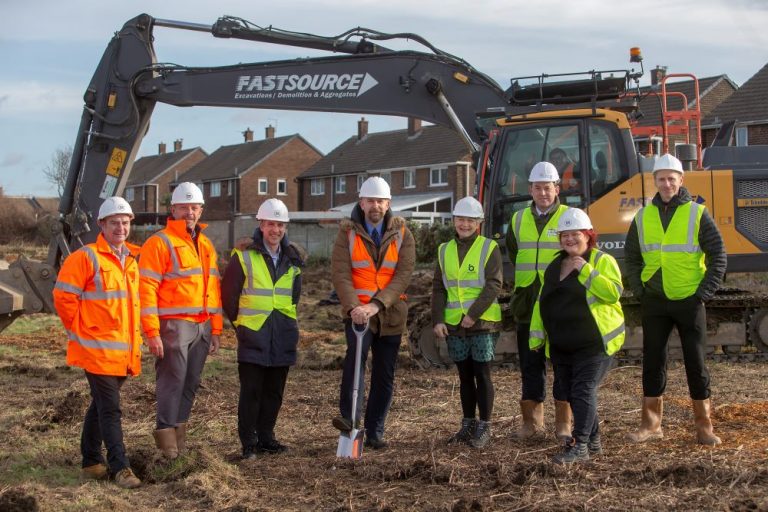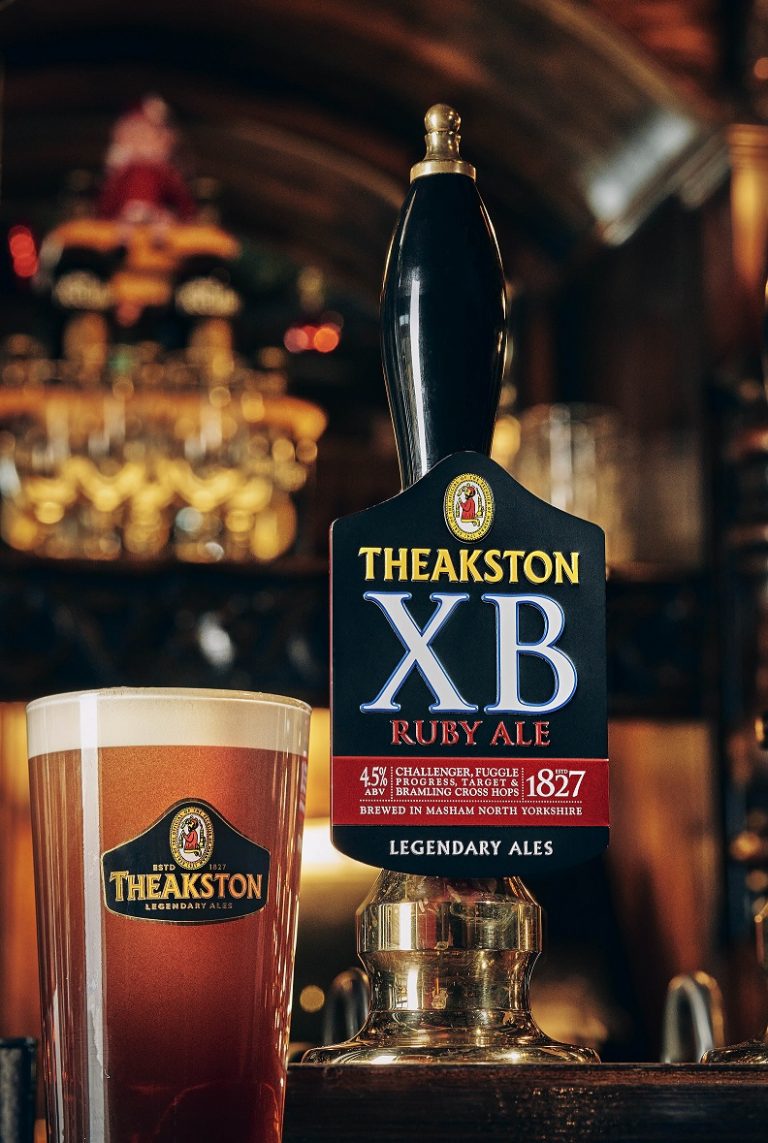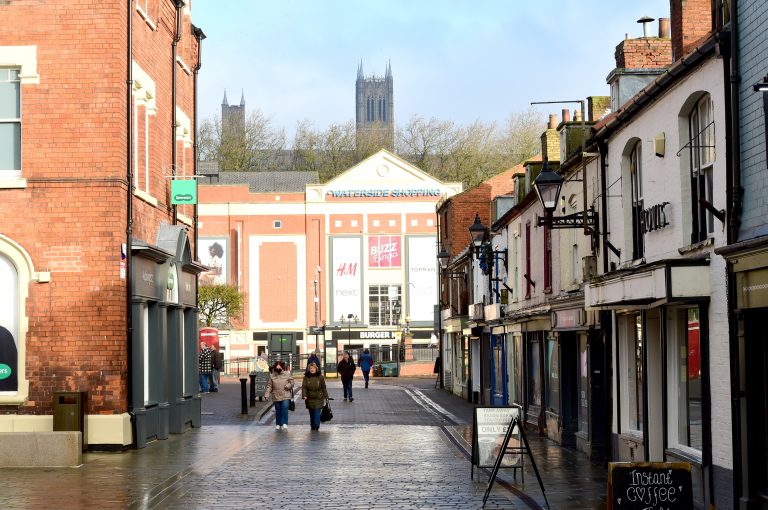York Gift Card is one of the most successful in the UK, generating £70,000 in sales in 2021
£150,000 of Government cash to help businesses upgrade for the future
The Yorkshire and Humber region sees modest rise in deal activity in 2021
Work begins on development of new Barnsley homes
Broad Welcome for Levelling Up Plans from LEP Chair
Theakston announces permanent relaunch of ‘Masham’s best kept secret’
Iconic Yorkshire brewery T&R Theakston has announced plans for the permanent return of its much-loved Theakston XB beer after a two-year absence.
The 4.5% ale will be available to stock in pubs and bars across the nation from March 2022, following a return of licensee confidence in cask ale after the uncertainty caused by the pandemic.
Often referred to as ‘Masham’s best kept secret’, Theakston XB is a premium strength ruby ale brewed with Bramling Cross and Fuggle hops, boasting subtle rhubarb and apple fruit flavours. First brewed in the 1970s, XB is brewed in Masham and was designed in tribute to the classic English and Scottish ‘border’ style of beer and has quietly established itself as a firm favourite of cask ale enthusiasts.
Theakston XB is the last of the brewery’s core portfolio to be reintroduced following the ongoing coronavirus lockdowns and is to be reinstated at a time when pubs and bars are demonstrating cautious optimism over a growing return to normality.
Simon Theakston, managing director at T&R Theakston, said: “We are certainly raising a glass to the permanent return of Theakston XB as we witness renewed confidence in the future of the hospitality sector from customers and licensees alike. As a beer that is strong in gravity with a low but complex hop character, Theakston XB was and remains an instant success.
“After the unique challenges of the coronavirus pandemic on the sector, we are delighted to now be in a position to permanently reintroduce one of our staple beers, and to continue to diversify the portfolio of handcrafted, legendary ales that we have built our almost 200-year reputation on.”
Rotherham’s Waverley development accelerated with land parcel sales for new homes and hotel
Levelling up: Sheffield one of the first cities to benefit from ambitious renewal programme
Mayor says Government levelling up plans do not go far enough for West Yorkshire
To truly level up, West Yorkshire Combined Authority says it needs:
- Funding for a modern public transport system including an effective, London-style bus network that properly connects communities with jobs and opportunities. It has submitted a £1bn bid to achieve its ambitions for bus services.
- Long-term funding to support jobs growth, regeneration and new infrastructure, to give the region certainty and security.
- The end of ‘beauty contests’ where regions are pitched against each other to bid in competition for small amounts of short-term funding.
- A foundation of strong, well-funded public services.
- More investment in innovation and the green economy.
- More pounds in people’s pockets and support to boost people’s incomes.
Funding granted to bring further Lincoln historic shopfronts to former glory
City of Lincoln Council in partnership with Historic England has awarded more than £250,000 in funding to help restore six historic Lincoln shopfronts.












